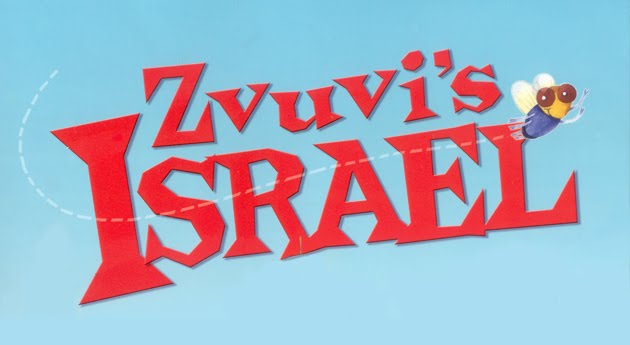Monday, January 21, 2013
I'm in America, Watching the Inauguration, Tracking the Israeli Election
Shalom Girls & Boys:
You'll never guess where I am. I'm not in Jerusalem, not in Tel Aviv, not swimming in the Kinneret or trekking in the Negev. No, none of that. I'm right next door to Washington D.C.!!!
Can you believe??? I flew in yesterday and this place is just buzzing about the inauguration. I'm so excited! I've never seen a presidential inauguration before. And I'm thinking, wow, what a political time for me. Today I'm going to watch the inauguration and tomorrow I'm going to follow the Israeli elections.
Bet you didn't know that this is an election year for Israel. We're not as organized as you. We don't hold elections every four years. It's too complicated to explain. Let's just say elections are held when either the opposition succeeds in bringing down the government through a "no-confidence" vote, or when the government asks the Knesset to call for a new election.
The Israeli Knesset is our parliament. It is located in Jerusalem and it's where all of Israel's laws are passed. This is what the Knesset looks like.
Tomorrow Israelis are going to the polls to elect the members of the 19th Knesset. That means we've had 19 elections since the State was established in 1948. We don't have a president running the government. We have a prime minister, the leader of the party who can combine enough parties to form a government (61 seats or more out of 120 Knesset seats).
Instead of talking politics -- which is the favorite pastime of every Israeli -- I'm going to give you a quick Hebrew lesson. The word כנסת -- Knesset -- means gathering. The root כנס is used in these words:
כנס -- conference
כניסה -- entrance
הכנסה -- to let somebody or something in, as in הכנסת אורחים -- welcoming of guests.
So, we're all waiting to welcome the new Knesset members. In the meantime, I'm taking my front row seat at the American Inauguration. BTW: I will be in the Washington area until the end of May, so if you have any questions about Israel, ask Zvuvi and I'll buzz back to you as soon as I can.
Knesset photo credit
Sunday, January 6, 2013
A Tu B'Shvat Hebrew Lesson
Shalom Boys & Girls, Moms & Dads & Teachers. I have a question for you:
Don't you think that's good question? I searched and searched until I found the answer. Here it is: Long before Eliezer Ben-Yehudah revived the Hebrew language, Biblical Hebrew was followed by another linguistic stage -- Talmudic Hebrew -- which incorporated Aramaic into the daily conversation. Have a look at the pages of the Talmud and even portions of the Passover Hagaddah and you will find a Hebrew dialect that sounds like it comes from a different planet.
Connect the dots and you'll find out why Tu B'Shvat is called חג האילנות. To begin with, it is not a biblically-based holiday. It is first mentioned in the Mishnah in Tractate Rosh Hashanah as one of the four New Years on the Jewish calendar. So there we are, smack in the Aramaic period when the word עץ referred to wood. Therefore, since עץ was a material good, the members comprising Chazal -- the Jewish sages of the time -- were not going to use such a "common" word to name a holiday commemorating trees. Instead, they creatively combined two Aramaic words (one for tree and the other for wood) and created a new term for fruit trees -- אילן. Pluralize that and you get חג האילנות. Pretty cool!!!
Is the word אילן commonly used today in Israel? Only as the name for a boy. For girls, there's the name אילנה.
The word עץ is the big winner in Israel and here are some awesome Hebrew connections. We all know that trees symbolize strength. The Hebrew root for the word עץ is עצה. From that root we get the words עצה (advice), יעץ (to advise, give counsel) and לעצב (to give form or shape). As the New Year of Trees, Tu B'Shvat sure shapes the Jewish mindset because it's our way of celebrating the environment.
The word עץ is the big winner in Israel and here are some awesome Hebrew connections. We all know that trees symbolize strength. The Hebrew root for the word עץ is עצה. From that root we get the words עצה (advice), יעץ (to advise, give counsel) and לעצב (to give form or shape). As the New Year of Trees, Tu B'Shvat sure shapes the Jewish mindset because it's our way of celebrating the environment.
חג שמח!
Labels:
Hebrew Language,
Holiday of Trees,
Israel,
Tu B'Shvat
Subscribe to:
Comments (Atom)




